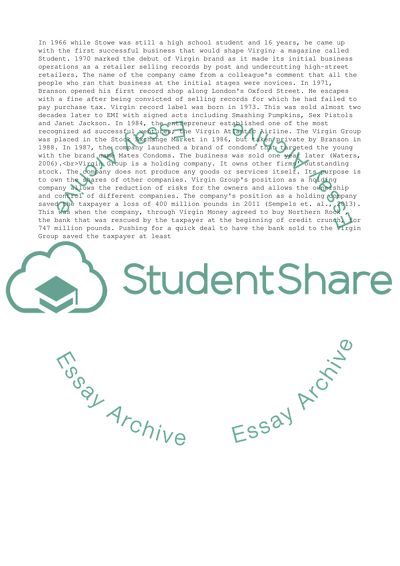Cite this document
(Business formation and purpose Essay Example | Topics and Well Written Essays - 2000 words - 1, n.d.)
Business formation and purpose Essay Example | Topics and Well Written Essays - 2000 words - 1. https://studentshare.org/business/1808510-business-formation-and-purpose
Business formation and purpose Essay Example | Topics and Well Written Essays - 2000 words - 1. https://studentshare.org/business/1808510-business-formation-and-purpose
(Business Formation and Purpose Essay Example | Topics and Well Written Essays - 2000 Words - 1)
Business Formation and Purpose Essay Example | Topics and Well Written Essays - 2000 Words - 1. https://studentshare.org/business/1808510-business-formation-and-purpose.
Business Formation and Purpose Essay Example | Topics and Well Written Essays - 2000 Words - 1. https://studentshare.org/business/1808510-business-formation-and-purpose.
“Business Formation and Purpose Essay Example | Topics and Well Written Essays - 2000 Words - 1”. https://studentshare.org/business/1808510-business-formation-and-purpose.


